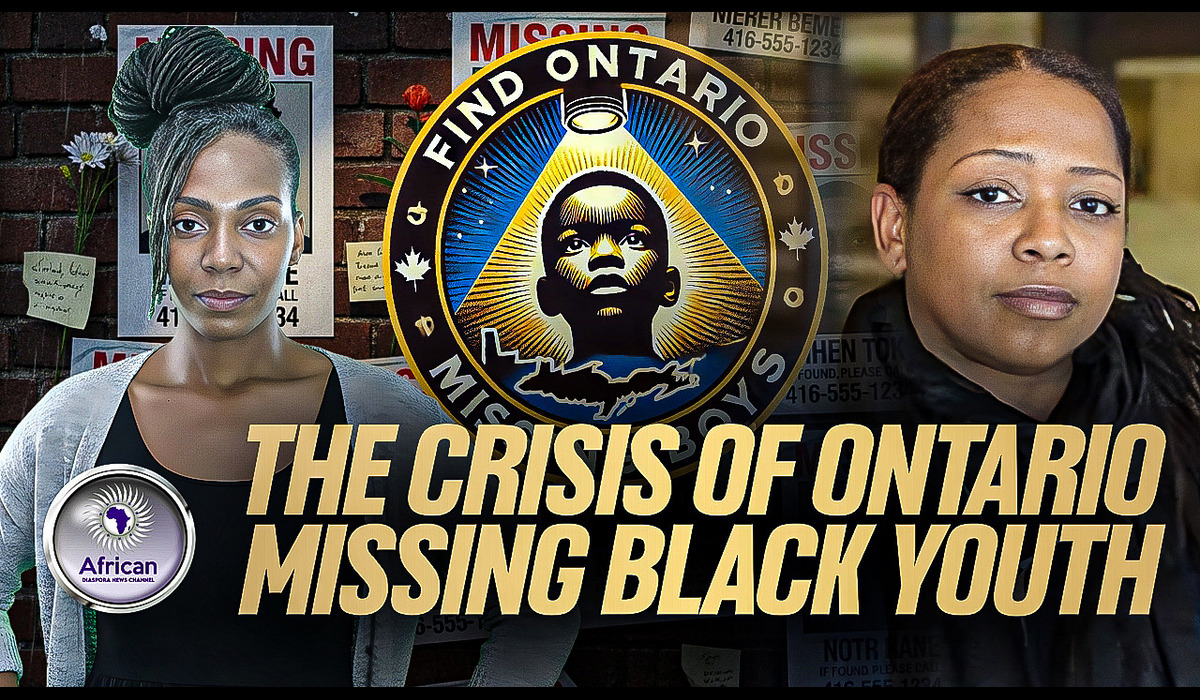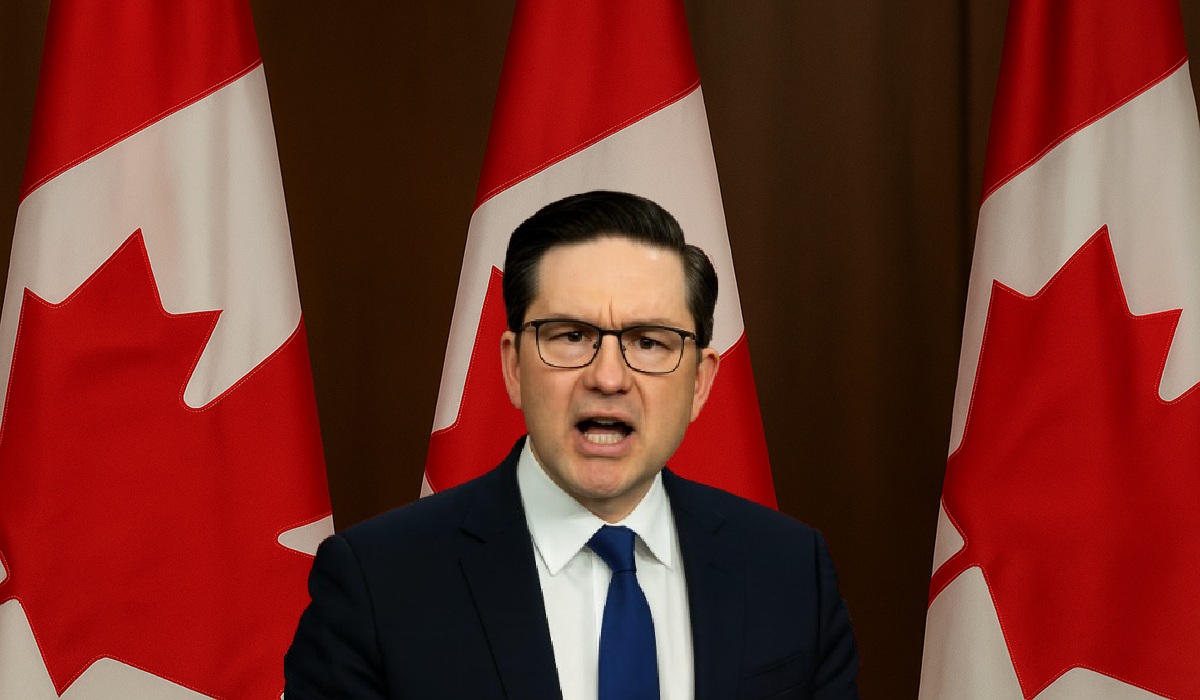When Politics Turns Petty: The Collapse of Decorum Within The Manitoba Legislature
- TDS News
- Canada
- October 31, 2025

There is a dignity to public service that Manitobans grow up believing in. We teach our children that our Legislature is a place where ideas meet, where voices are raised not to drown each other out but to shape a better province. Yet if one spends even a single Question Period watching the Premier and PC Leader go at each other, they would be forgiven for thinking they’d accidentally tuned into a schoolyard shouting match. Theatrics masquerade as leadership, barbs replace policy, and the chamber echoes more with jeers than with genuine solutions. This is not spirited debate; this is uncontrolled combustion, and the smoke is choking everyone who calls this province home.
No one is naïve to the nature of politics. It is adversarial by design, sharpened by disagreement, and strengthened when passionate voices clash for the sake of progress. But what we are seeing today is not passion grounded in purpose. It is theatre without meaning, combat without honour, rhetoric without responsibility. On any given sitting day, the air becomes thick with snide remarks, rolling eyes, and words meant not to enlighten but to wound. Instead of policy, we hear posturing. Instead of leadership, we get one-liners. Instead of humility, there is hubris. Manitobans deserve better than the sound of adults shouting over one another like adolescence has taken the Speaker’s Chair hostage.
The escalation has been gradual but relentless. One jab leads to a louder counterpunch. One smirk births a sneer. Soon, the whole thing spirals, not into debate but into spectacle. There is no oxygen left for reason. It is not enough to win an argument; one must now obliterate the opponent. And in that scorched-earth pursuit, the people are the ones left standing in the ashes. Ask anyone who has tried to follow a session: it is nearly impossible to hear a full question or response without the constant hum of snickering, heckling, or sarcastic applause. This is not the democratic exercise people lined up to vote for. This is farce disguised as governance.
And here is the most painful part: Manitobans did not ask for this. They did not elect gladiators to put on a show or commentators to score cheap points. They elected individuals to build hospitals, repair roads, grow the economy, strengthen communities, and protect our most vulnerable. They elected adults — not personalities trying to one-up each other in performative outrage. The Legislature is not a comedy stage nor a wrestling ring, though some days one would be hard-pressed to tell the difference. It is supposed to be a place of service, not ego.
The healthcare argument is the clearest, and perhaps most embarrassing, example. Each side is eager to claim moral superiority: we hired more nurses, no we did, we cut wait times, you closed clinics. It goes on and on, a verbal tug-of-war where truth is often pulled apart for convenience. Meanwhile, the real truth — the raw, uncomfortable one — sits ignored: our healthcare system is still broken. Emergency rooms remain overwhelmed, wait times test the patience and health of families, rural communities struggle to attract physicians, and front-line staff continue to say they are exhausted, overburdened, and unheard.
Neither party has fully listened to the nurses, physicians, healthcare aides, and paramedics who live the crisis every day. We know because we have spoken to them — countless interviews, countless stories, a forthcoming damning report built on real lived experiences of those who stand at hospital bedsides long after political talking points are forgotten. Their voices are consistent: investment is critical, yes, but so is listening. So is humility. So is the admission that solutions cannot be shouted into existence; they must be built through collaboration and grounded in evidence, not ego.
Yet in the Legislature, healthcare has become a prop, a stage cue. One side waves an accomplishment like a trophy. The other swings a criticism like a hammer. And lost in that noise are the voices that matter most — the Manitobans in emergency rooms waiting twelve hours with a feverish toddler, the elderly patient sitting alone in a hallway, the cancer patient anxiously staring at a delayed appointment letter, the nurse crying in her car before night shift because she knows she is walking into chaos. No amount of partisan theatre makes those lives better. No clever line changes that reality.
Manitoba needs leaders who rise above the instinct to score points and instead embrace the responsibility to solve problems. That is how real change is made — not through quarrels, but through courage. Not through heckles, but through humility. Not through anger, but through resolve.
There is still time for both Wab Kinew and Obby Khan to reset the tone. Leadership is not about always being right; it is about knowing when to rise above the fray. They can choose to lower voices, not raise them. They can focus on policy substance, not soundbites. They can set an example for their caucuses — and for the public — by simply acting like the grown-ups their roles demand them to be. They can reclaim decorum not as a relic of the past but as a tool of effectiveness. Because when leaders behave with dignity, the chamber follows. When leaders behave like performers, the chamber becomes a stage, and democracy becomes entertainment instead of governance.
We can and should expect our elected officials to disagree — strongly at times — because democracy depends on debate. But disagreement should sharpen ideas, not dull the public’s faith. Civility does not weaken conviction; it strengthens it. Respect does not hinder accountability; it empowers it. Listening does not signal weakness; it demonstrates maturity. The best leaders in history were not the loudest — they were the most effective, the ones who understood that the world is not moved by who shouts first, but by who solves problems.
Right now, Manitobans need a Legislature that reflects the seriousness of our challenges. Healthcare. Affordability. Safety. Economic growth. The future of our young people. The wellbeing of our seniors. These are not topics for theatre. They are responsibilities carried on the shoulders of those elected to sit in that chamber. With six-figure salaries and the trust of nearly a million citizens, the least our representatives can do is respect the institution, respect one another, and respect the people who gave them the honour of service.
If our leaders want to be respected, they must first act with respect. It is not enough to demand dignity from citizens when the chamber itself becomes a circus. Manitoba deserves debates that reflect the best of us, not the worst impulses of partisan tribalism. The province needs solutions, not snide remarks. It needs policy, not theatrics. It needs vision, not venom.
There will always be political disagreements — that is the nature of democracy — but there is a profound difference between conflict that builds ideas and conflict that burns them down. Right now, we are watching the latter. It does not have to be this way. We can insist on better. We can demand decorum not as a favour to the elected, but as a duty they owe every citizen. And perhaps most importantly, they can choose to remember why they are there in the first place: not to win the moment, but to serve the people.
The question now is whether our leaders are willing to rise above the noise — or whether the noise has already swallowed them whole. Manitoba is watching. And more importantly, Manitoba is waiting. We do not need more applause lines. We need action. We need maturity. We need respect restored to the room where the future of our province is written. The door to civility has not closed; it is merely being ignored. It is time to open it again.








